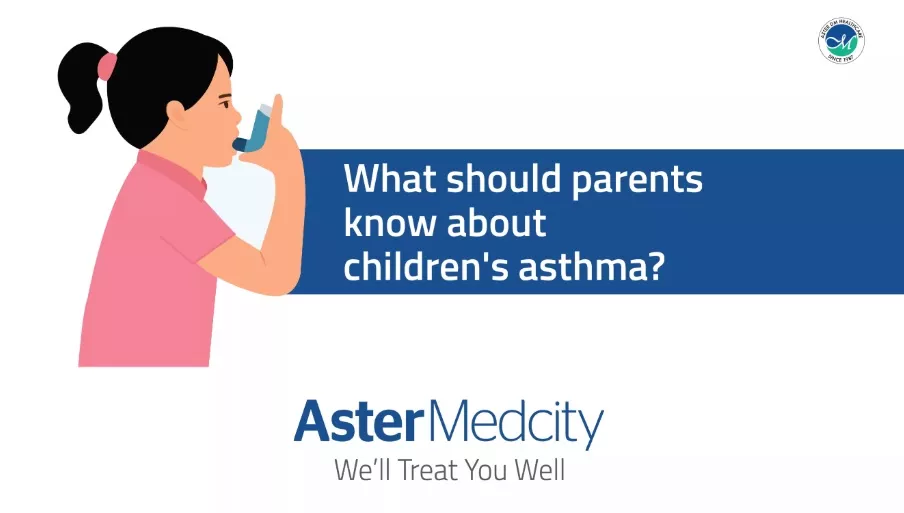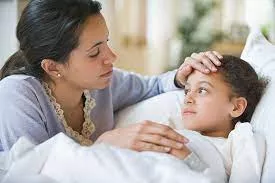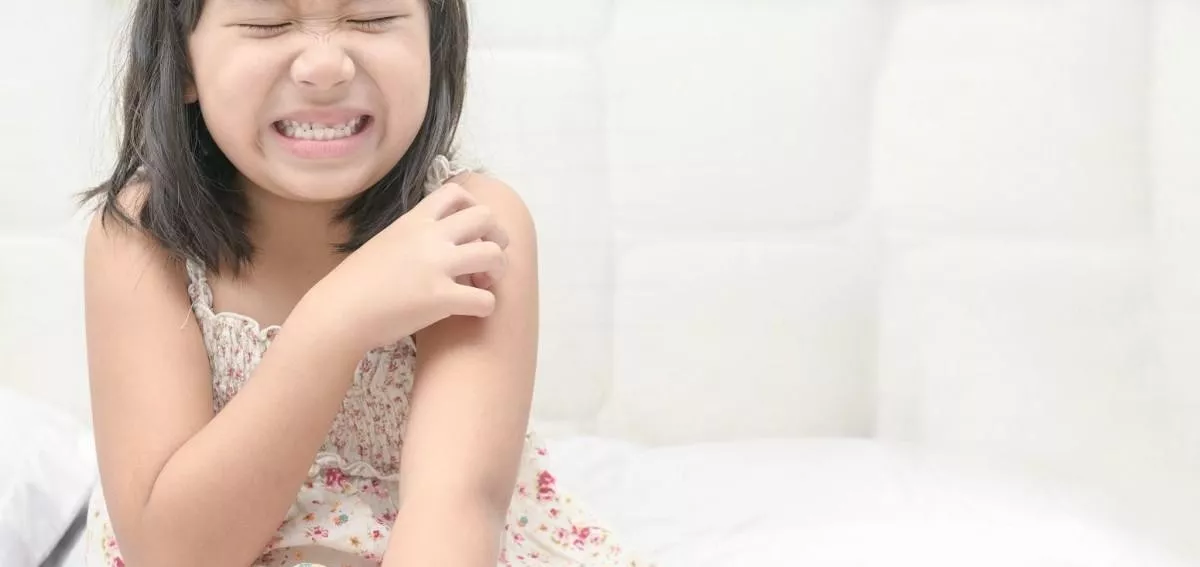Asthma in children
Asthma is a very common childhood concern that affect children’s routine activities and also cause much agony to parents. It is true that asthma can be controlled in majority of children with lifestyle changes, environmental control and medications. In India, nearly one among four children will have symptoms of asthma at some point of time which even shows a rising trend due to poor air quality, high incidence of allergies and various other reasons like viral outbreaks.
The aim of asthma management is to have a proper control of symptoms and prevent natural progression of the disease rather than cure. Once the asthma is under control, your child can play, go to school regularly and can sleep well. It does not have to limit your child’s life or make him/ her refrain from the activities that other children normally do.
Asthma flare ups can come and go even in well controlled asthma. Common symptoms of flare up include bouts of dry cough, cough with vomiting, wheezing, and chest tightness. Some may even have cough on exertion like playing, crying, laughing etc. Timely identification of symptoms and prompt therapy is necessary in these circumstances. If the symptoms persist or worsen, consulting experienced pulmonologists in Kochi Kerala can help ensure accurate diagnosis and effective long-term management.
Most of the time diagnosis of asthma is clinical but sometimes your doctor may ask your child to undergo tests like pulmonary function tests or allergy tests. Pulmonary function tests like spirometry or impulse oscillometry help to assess the lung capacity and the need to optimize control medications so that an acute flare up can be avoided. Allergy tests include skin prick test or blood allergy test so that any particular avoidance measures can be advised. It also helps to decide whether advanced treatment like immunotherapy can be attempted to control and cure asthma in a better way. For such comprehensive diagnostic support, a reputed pulmonology hospital in Kochi Kerala can provide specialized facilities and expert care.
Many things can trigger asthma attacks which include irritants and allergens. Common irritants are exposure to dust, smoke, strong smells or cold breeze. Certain viral infections can also trigger acute attacks. If your child is sensitized to any of the aeroallergens like house dust mite, insects like cockroach, molds, pollens, dog or cat dander or some birds, then repeated exposure to these allergens can also trigger wheezing attacks. Keep those triggers that can start asthma attacks out of your home.
If your child has any of the comorbid conditions that can worsen asthma attacks like persistent nasal allergy, obesity, acid reflux or sinusitis those conditions also need to be properly addressed. An annual flu shot also will be helpful to minimize viral infections to a greater extent.
The most important part of the treatment is good adherence to the medical therapy. Your child may need a regular preventive medicine and a quick reliever medicine both of which are often inhaled medicines. Inhalers are the safest mode of delivering medicines in children with asthma and can be used for long term without any adverse effects or addiction. Appropriate drug, dosage and more importantly the technique of using the inhaler are the key elements in successful therapy. Get yourself trained from the doctor correctly on how to use the inhaler. Ask for a written asthma action plan so you will know when the asthma is getting worse and how to respond before reaching hospital. Always carry your quick-relief asthma medicine with you whenever you leave home with the child.








